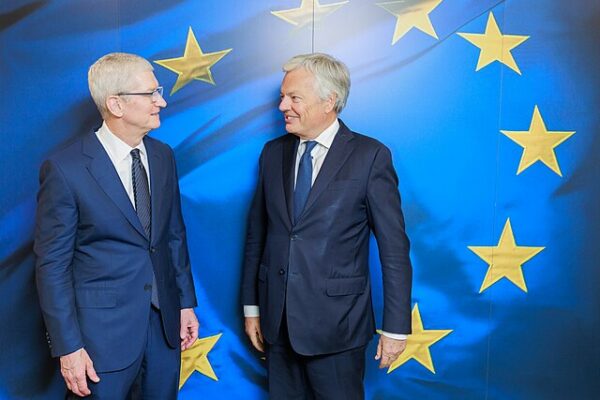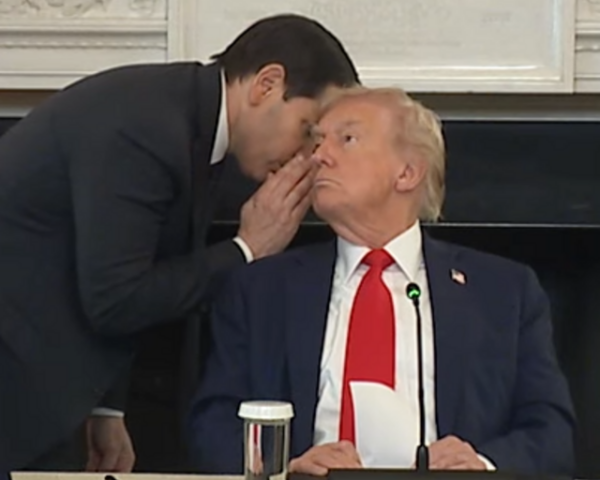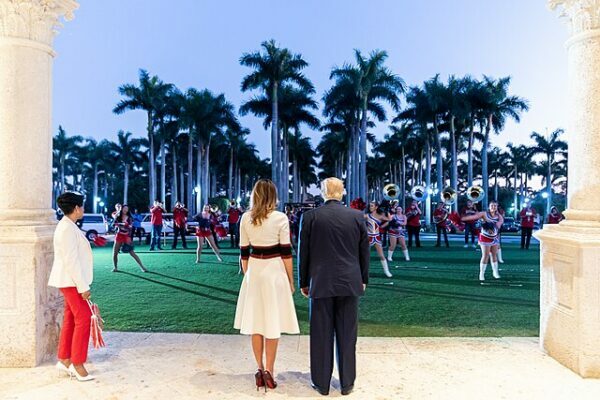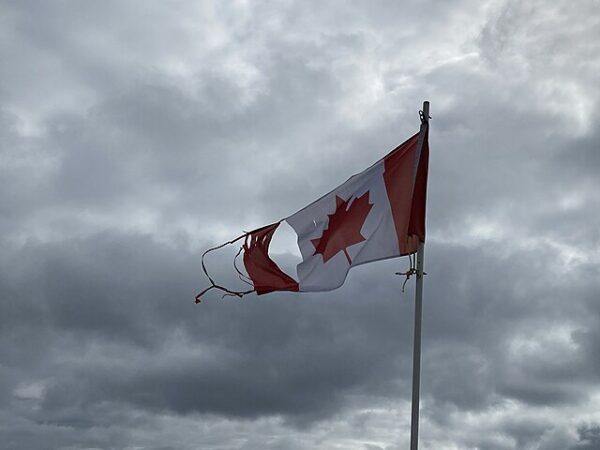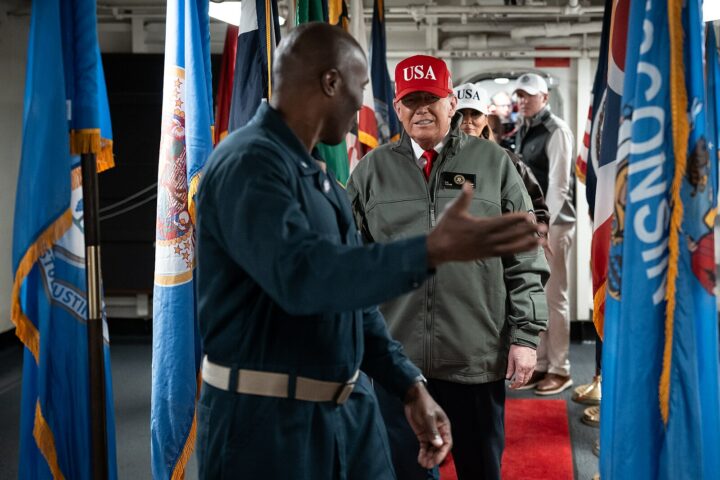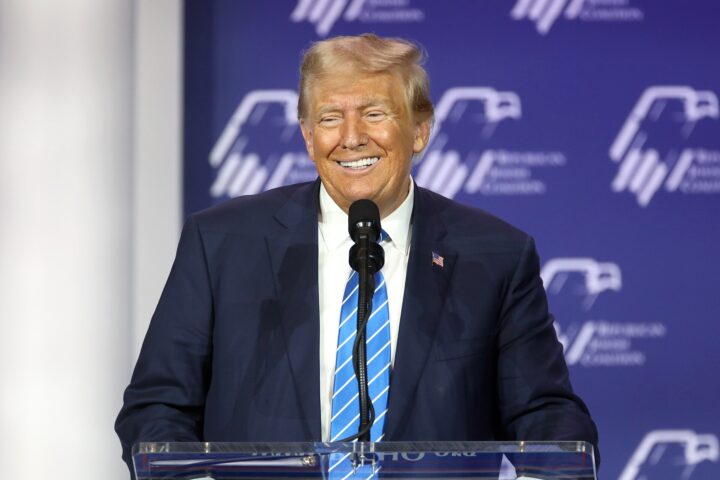In a late Friday move that surprised many in the tech and trade sectors, the Trump administration announced a temporary suspension of tariffs on a broad range of imported electronics—offering a reprieve to American consumers and multinational firms grappling with mounting costs.
The decision, delivered via a notice from U.S. Customs and Border Protection, exempts key products like smartphones, laptops, modems, and semiconductors from the latest wave of tariffs targeting Chinese imports. While other duties of up to 145% remain in effect, the exemptions signal a calculated pause in an otherwise hardline strategy.
The policy shift is seen as a tactical concession amid growing economic pressure. Industry insiders say the exemptions cover roughly a quarter of U.S. electronics imports from China, helping giants like Apple and Dell sidestep what could have been a cascade of price increases. Analysts had warned, for example, that an iPhone could soon retail for over $1,600 without intervention.
Although the relief appears China-focused, the exemptions are technically global, applying to imports regardless of origin. That structure benefits manufacturers in countries like Taiwan, Malaysia, and Vietnam—hubs that produce semiconductors critical to everything from smartphones to electric vehicles.
A senior administration official described the measure as a “supply chain safeguard,” citing growing concerns over the availability of chips used in medical devices and military technology, according to The New York Times. In effect, the move doubles as both economic and national security policy.
The administration insists the long-term goal remains decoupling from China. White House spokeswoman Karoline Leavitt reiterated that message Friday, emphasizing President Trump’s commitment to bringing tech manufacturing jobs back to U.S. soil. But that vision still faces headwinds.
Apple CEO Tim Cook, who has maintained a cautious alliance with the White House, has repeatedly flagged the logistical barriers to reshoring. The concentration of tooling engineers and component specialists in China remains unmatched, he has argued, making a sudden shift impractical without major domestic reinvestment.
Though the exemptions offer short-term breathing room, the outlook remains volatile. The administration is reportedly weighing whether to use Section 232 of the Trade Expansion Act to launch new investigations—this time targeting pharmaceutical and chip imports on national security grounds.
[Read More: Trump Makes Major Change In Greenland]

